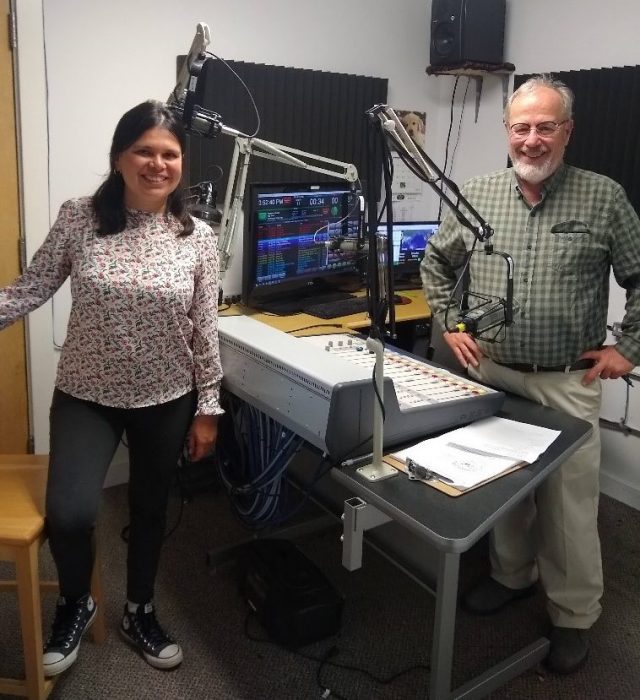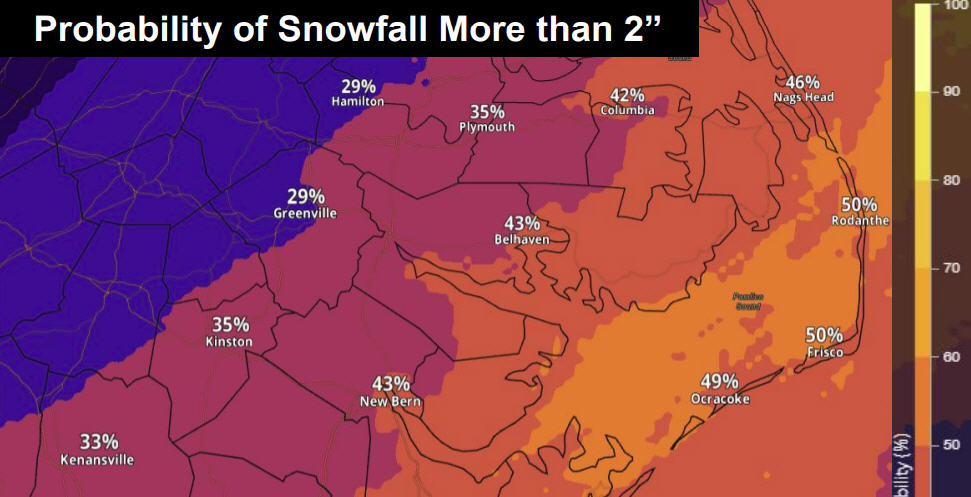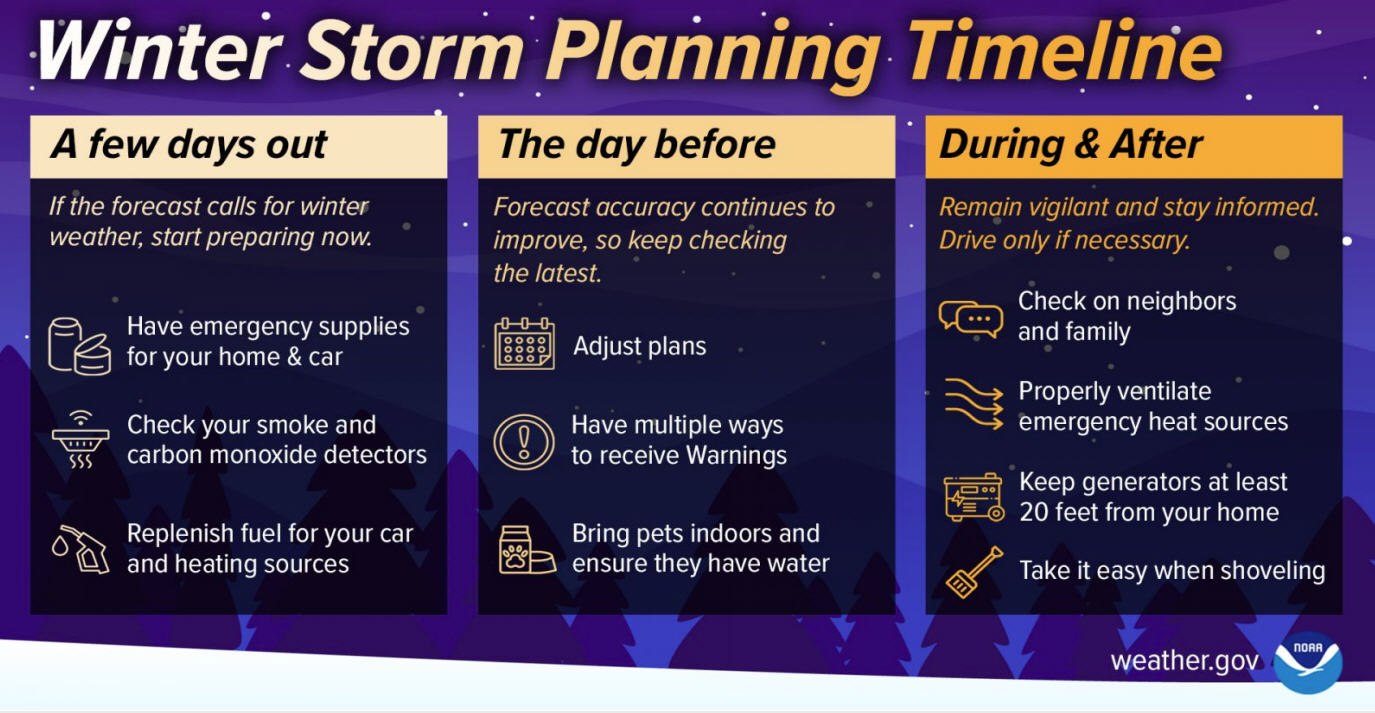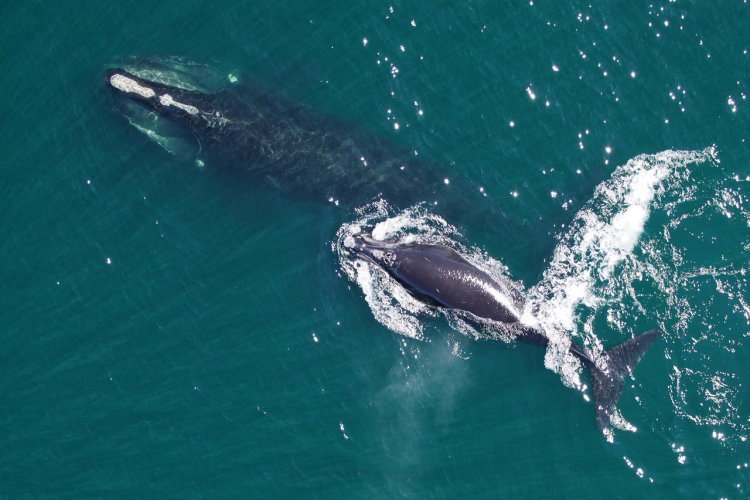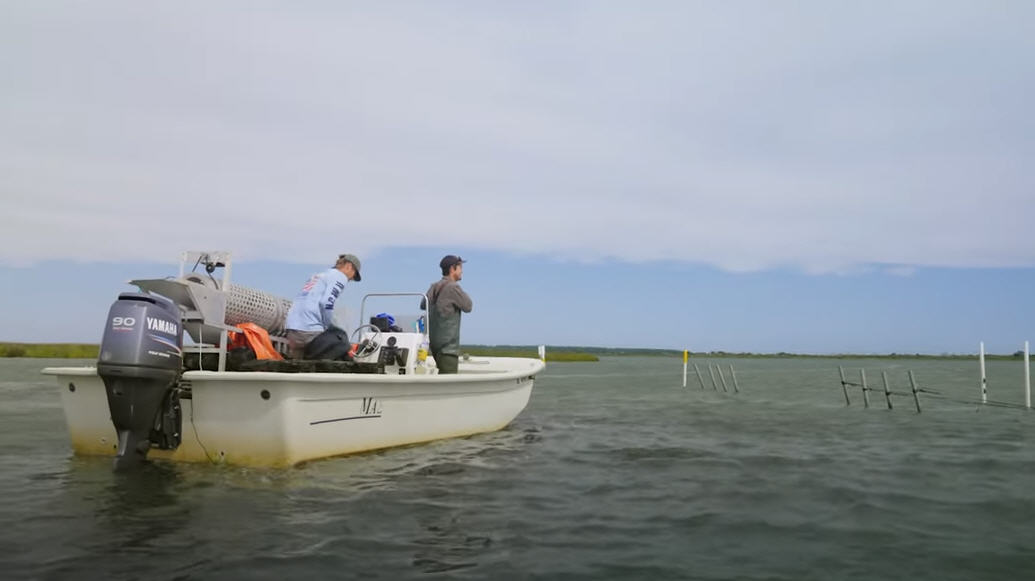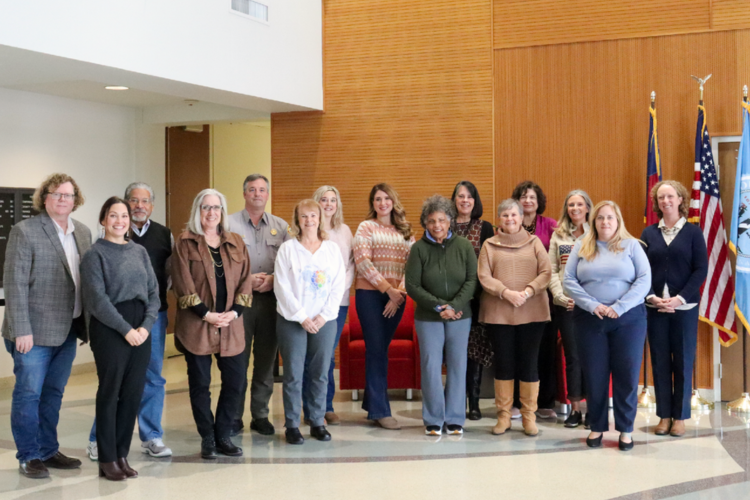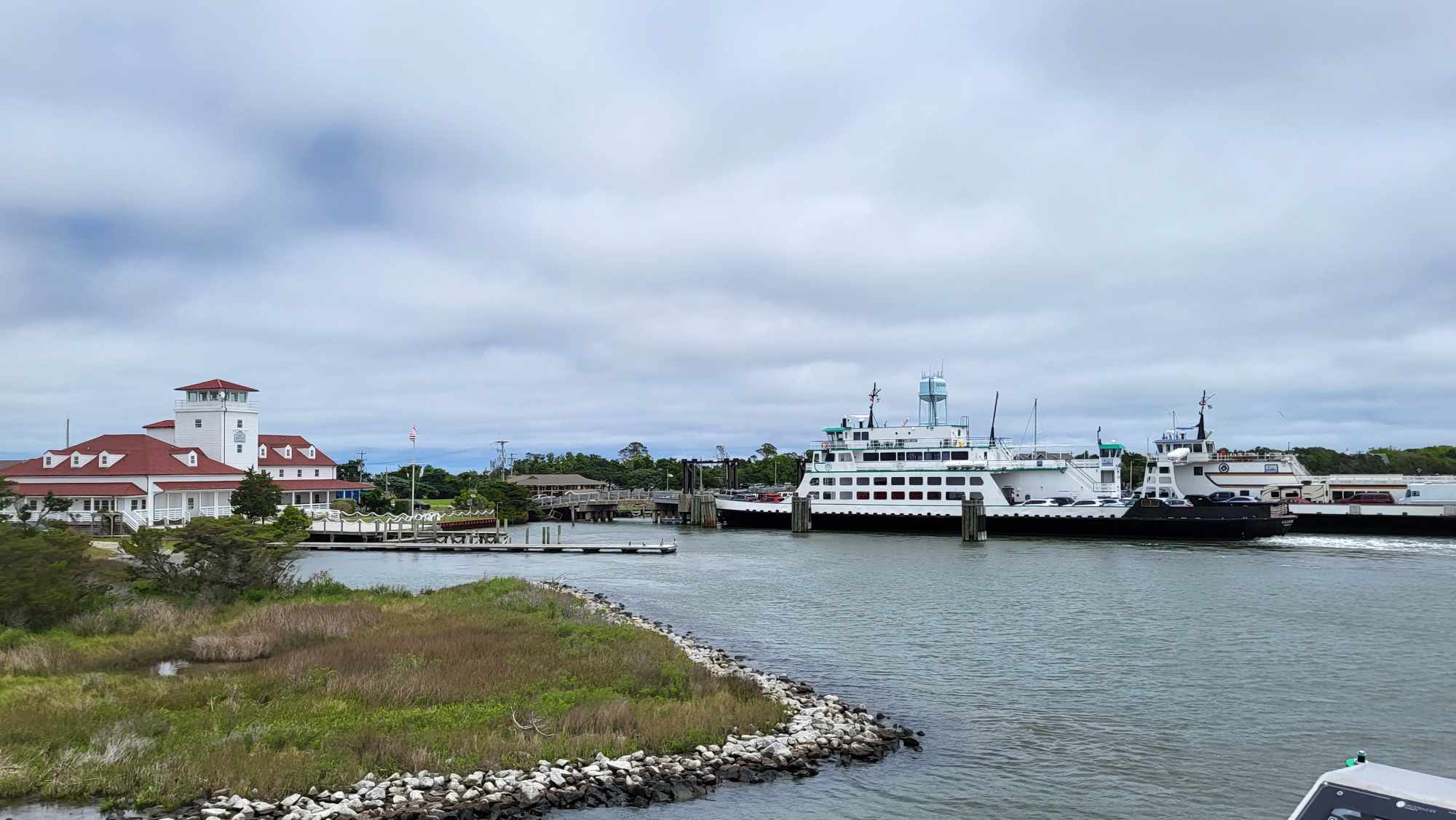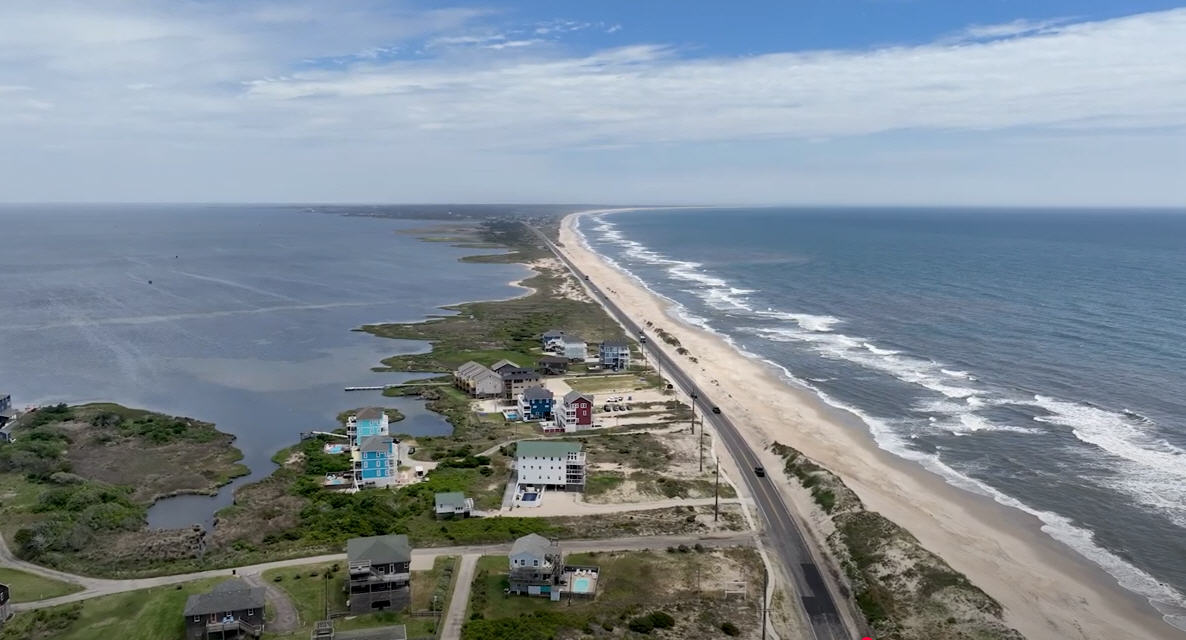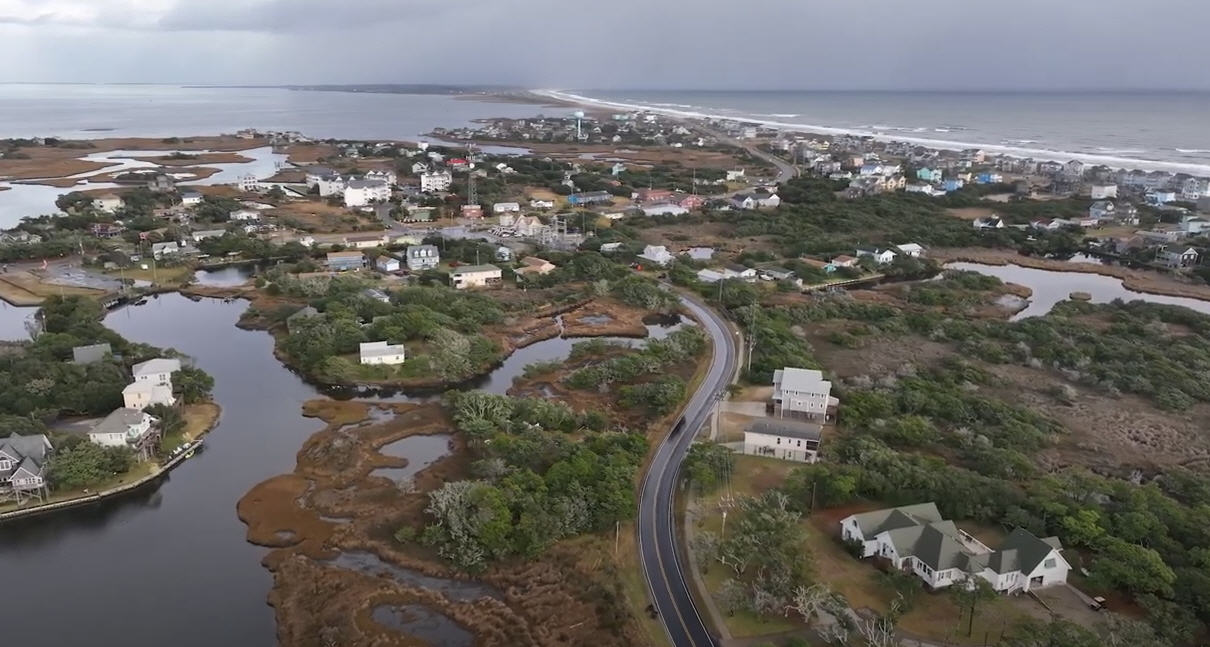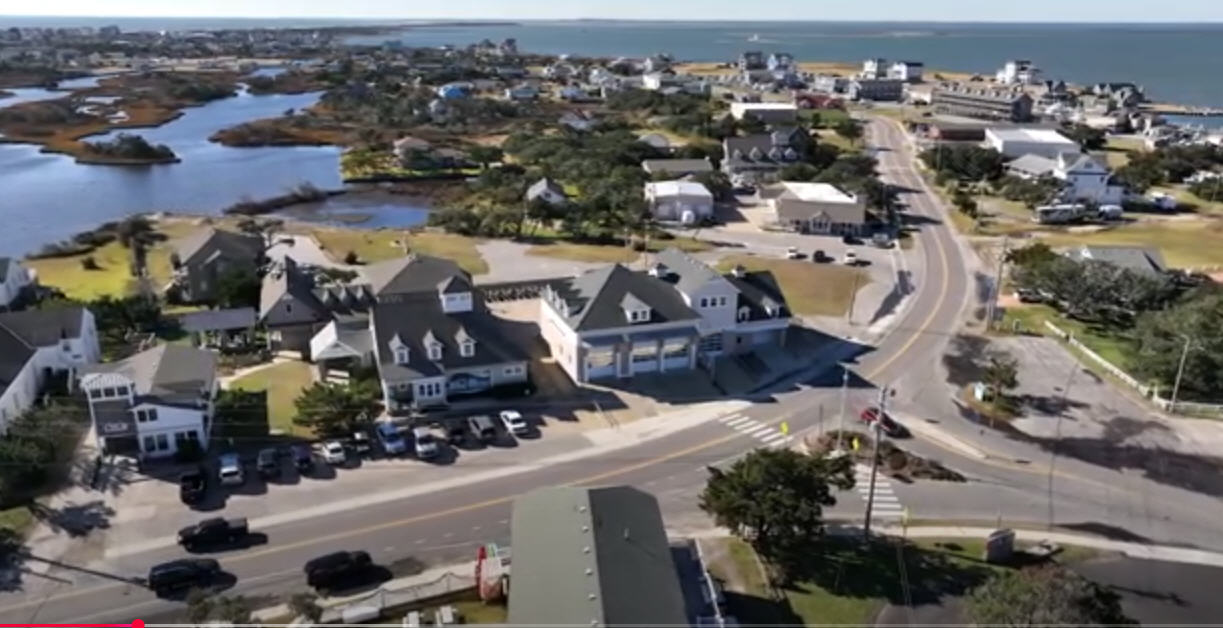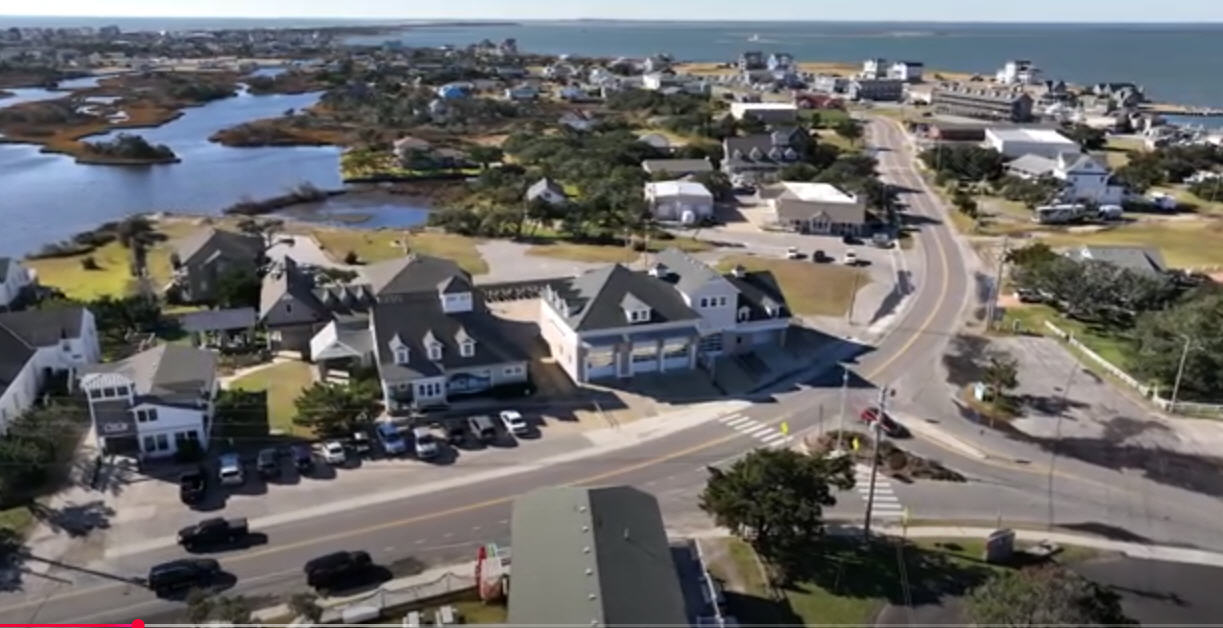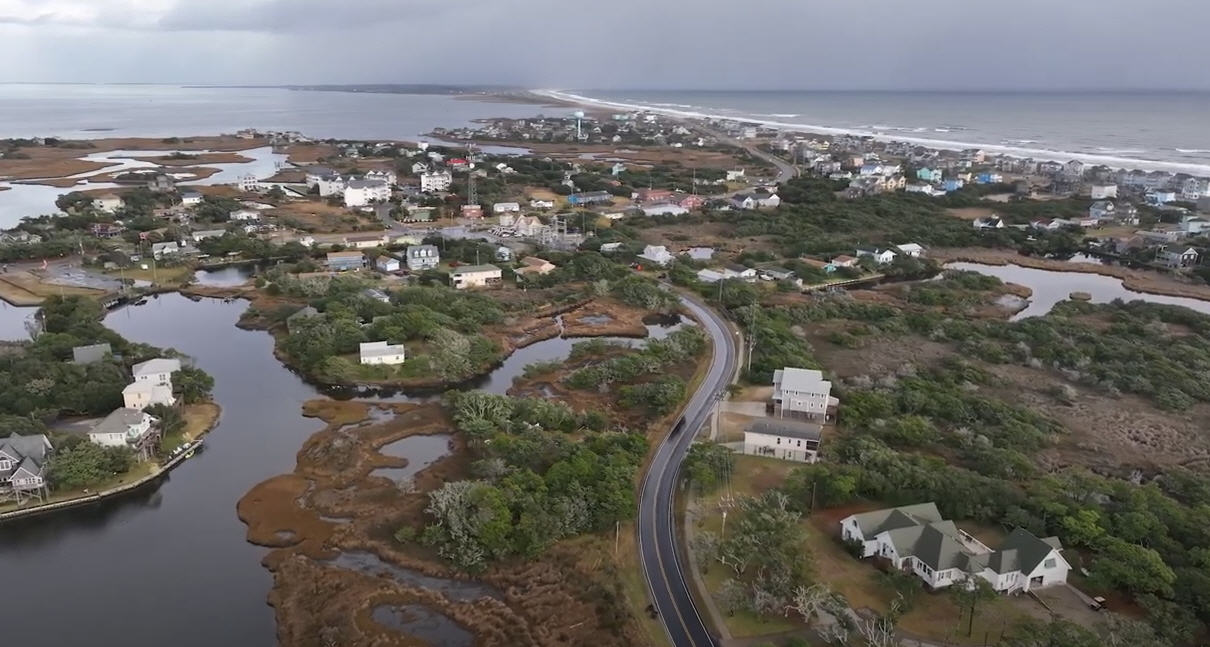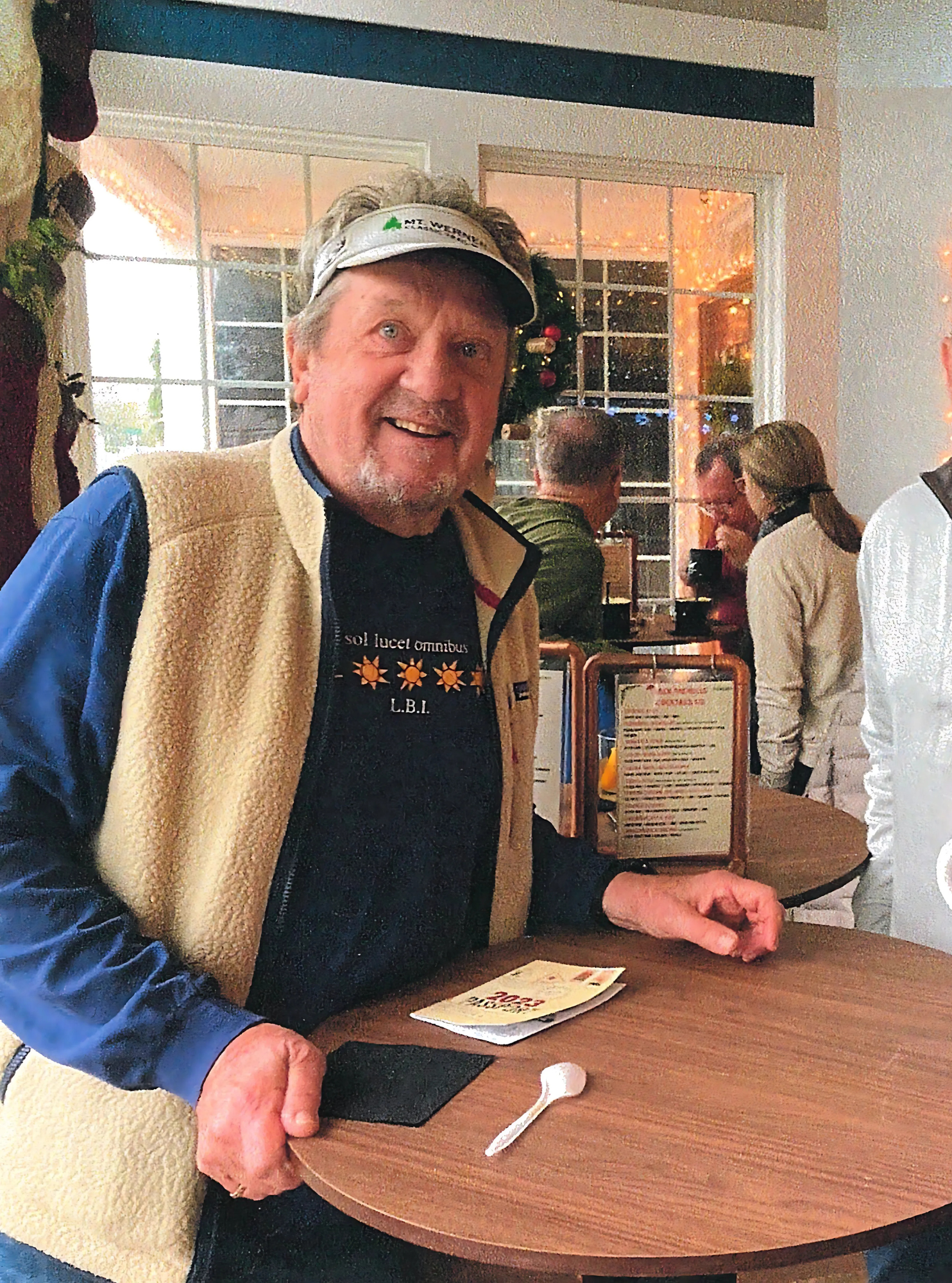UNC Chapel Hill students learn about migration and heritage on Ocracoke
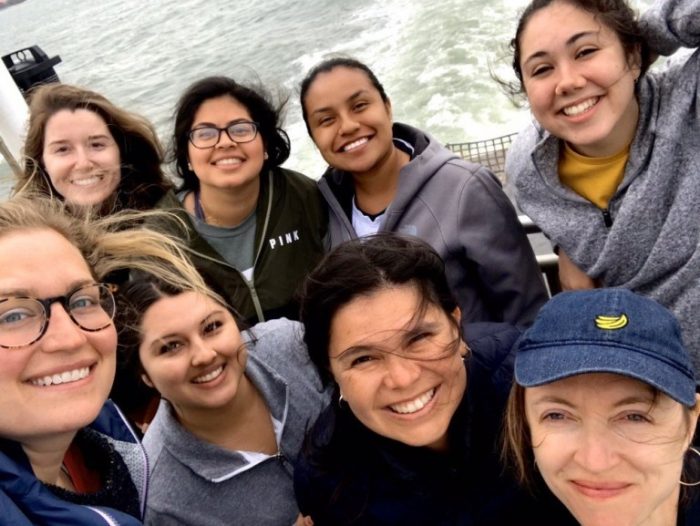
By the staff at the Institute for the Study of the Americas, UNC Chapel Hill
Ocracoke Island’s residents can trace their ancestry to many parts of the world. In March, the Ocracoke community welcomed a group of visitors from UNC Chapel Hill the week of March 9 to learn about the island’s connections to Latin America as part of a class that examines demographic change in North Carolina. Nearly half of Ocracokers have Latin American ancestry, with strong connections to the state of Hidalgo, Mexico.
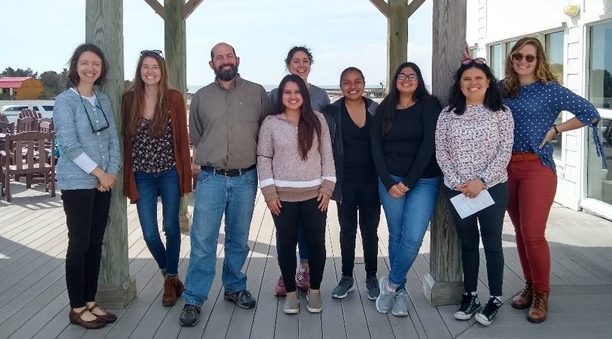
The UNC group consisted of seven students and two staff members in a class called “Heritage and Migration in North Carolina” that is part of the Latin American studies curriculum and uses oral history as a primary learning method. The UNC group spent the week of March 9 with high school students in Charles Temple’s classes at the Ocracoke School in the North Carolina Center for the Advancement of Teaching, the temporary school facility and former Coast Guard Station. Together, Ocracoke and UNC students learned about oral history methods and how to conduct a family interviewing project that explores ancestral roots.
They also learned about oral histories of Ocracoke community members at the Ocracoke Preservation Society, the Core Sound Museum and the New Roots Nuevas Raíces Oral History Initiative at UNC Chapel Hill, which features an online archive of stories of immigrants who have settled in the state. The New Roots initiative organizes bilingual oral history workshops with community organizations and schools throughout North Carolina. The students particularly enjoyed their visit with local historian Philip Howard, who shared several incredible stories about the Coast Guard and lifesaving traditions of the Ocracoke community.
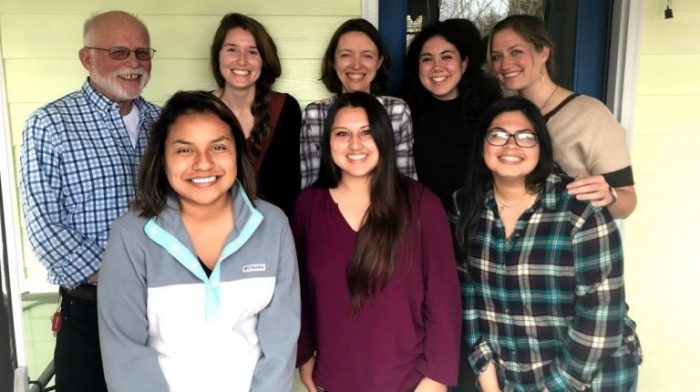
The UNC students also presented a bilingual College Preparation Information Session on the evening of March 11 at the Ocracoke School that was attended by more than 50 parents and students. These experiences and the ability to make personal connections made an impact on UNC students’ learning.
Sarah Blanton, a Ph.D. student who participated in the trip shared, “One evening during our trip, the Ocracoke community of Latin American descent came together to hear UNC students’ presentations on how to navigate the college application system. This, by far, was the most meaningful moment of the trip for me, as I was able to listen to my classmates and friends share their recent, lived experiences of going through this process. Trust, hope, and appreciation permeated the room and the importance of sharing stories and building trust across communities was evident.” The UNC group invited Ocracoke students to tour the UNC campus, hoping to reciprocate the warm welcome they received on the island (several students have followed up to arrange visits once the COVID-19 restrictions end).
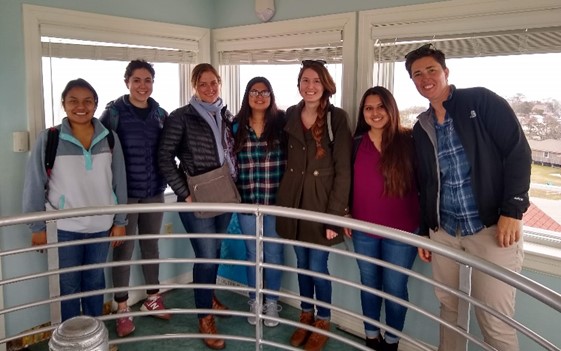
The group also learned about the effects of climate change, extreme weather and displacement after Hurricane Dorian’s landfall last year. They were impressed by the resilience of community members who have worked together to clean up debris, find housing for the homeless, restart local businesses, and navigate the complicated federal and state disaster assistance processes. Hannah Gill, the UNC course instructor, observed how Ocracoke School staff and students are working hard to sustain learning efforts in a temporary location.
“We really appreciated how school staff and teachers made an extra effort to accommodate our group on top of all the work they are already doing to address students’ needs and rebuild after the hurricane,” she said. UNC graduate student Keylen Renteria highlighted how much she learned about community building and crisis response from Ocracoke residents.
“The Ocracoke trip was an amazing opportunity,” she said. “I learned how this community was able to put aside their differences and work together as a family during times of hardship. A community like this is one I aspire to live in someday.”
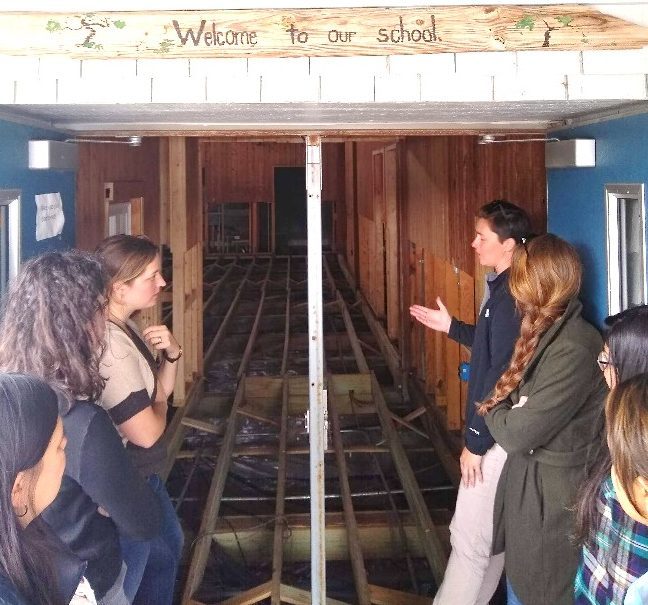
During the visit, board members of the local non-profit organization Ocracoke Alive hosted a dinner for the group so they could learn about how the annual Festival Latino started several years ago to honor and celebrate the island’s Latin American heritage. The Festival was cancelled last fall after Hurricane Dorian destroyed the Deepwater Theater, a community space. Marisa Carlton, a senior undergraduate student on the trip, was enthusiastic about the educational value of this experience.
“Being able to laugh, dance, and share stories with people I had just met showed me what Ocracoke was all about and it was truly the highlight of my trip,” she said. “In class, we had been learning about the importance of oral history interviewing. This impacted my learning because I saw firsthand the importance of oral histories and how sharing our stories can create solidarity and influence others.”
Last fall, the UNC group and the Institute for the Study of the Americas collaborated with Ocracoke Alive to apply for disaster relief funds to repair the Deepwater Theater. Together, they secured a $4,600 Disaster Recovery Project Grant from the Carolina Center for Public Service from the UNC Disaster Relief Fund at the University of North Carolina at Chapel Hill.
Funding for the UNC trip was made possible by a grant from the Humanities in the Public Good program, the APPLES Service Learning Program, The Institute for the Study of the Americas, and the Center for Global Initiatives at UNC Chapel Hill.
The class, “Migration and Heritage in North Carolina” is part of the Latin American Studies Curriculum of the Institute for the Study of the Americas at UNC Chapel Hill and the APPLES Service Learning program. For more information about the class or the New Roots bilingual oral history workshops, contact Associate Director of the Institute for the Study of the Americas, Hannah Gill, hgill@email.unc.edu.
